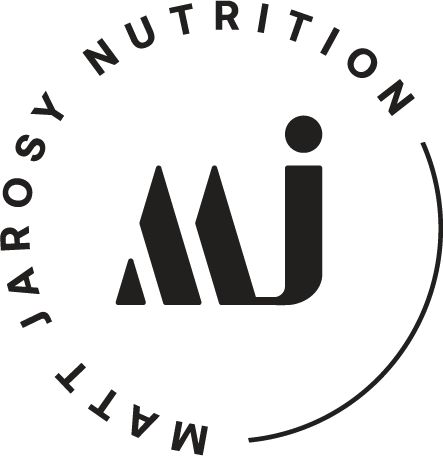Unsaturated & Saturated Fat
The debate of how unsaturated and saturated fats affect our health is ongoing. In this article, I won't be getting into this debate too much but I will elude as to why unsaturated fats are actually quite problematic, biochemically speaking. A quick reminder first though, all the fats you consume contain a blend of saturated and unsaturated fats, just in different ratios and therefore you cannot avoid certain ones completely.
Fatty acids which make up saturated and unsaturated fats are carbon atoms linked together with hydrogen atoms trying to fill in where they can. When we say 'saturated fat', what we mean is that each of these potential carbon bonds is filled with a hydrogen atom. This makes the chain of fats secure and orderly, like the ques when you go through passport control. This makes saturated fats very stable which means they don't go rancid even when heated (a process often referred to as oxidation but hold that thought) and are usually solid at room temperature. Think of coconut oil or butter for examples of saturated fats.
Then we have the unsaturated fats like mono-unsaturated. This type of fat is missing two hydrogen atoms making it a bit bendy or loose, like after you've had a couple of drinks. They don't pack together so tightly and are therefore more liquid at room temperature but have the ability to go solid when placed in the fridge. For example, olive oil will change its consistency in cooler temperatures. Avocado oil is another examples of a primarily monounsaturated fat.
We also have poly-unsaturated fats (PUFA’s). Now we're talking you after 6 or 7 drinks, basically these fats are very unstable. These fats are missing four or more (poly) hydrogens. PUFA's mostly comes in two forms, omega 3 (think fish oils) and 6 (think seed oils). PUFA’s have many kinks in their fatty acid chains which means they are always liquid. More kinks in the chain means they are more susceptible to going rancid. When molecules are exposed to oxygen, they undergo oxidation causing rancidity. During this process, oxygen steals electrons from the chains and it can do this with PUFA’s because there are so many kinks.
The problem is, when an oxygen molecule gets its paws on another electron, it can turn into a free radical. This gives you a clue as to why high consumption of unsaturated fats can actually be a cause for concern.
The primary PUFA you want to avoid is highly processed vegetable oils, particularly canola oil which is often pumped into refined foods. If you do opt for vegetable oils, you should always favour cold pressed and organic to limit any additional oxidative stress on the body.

